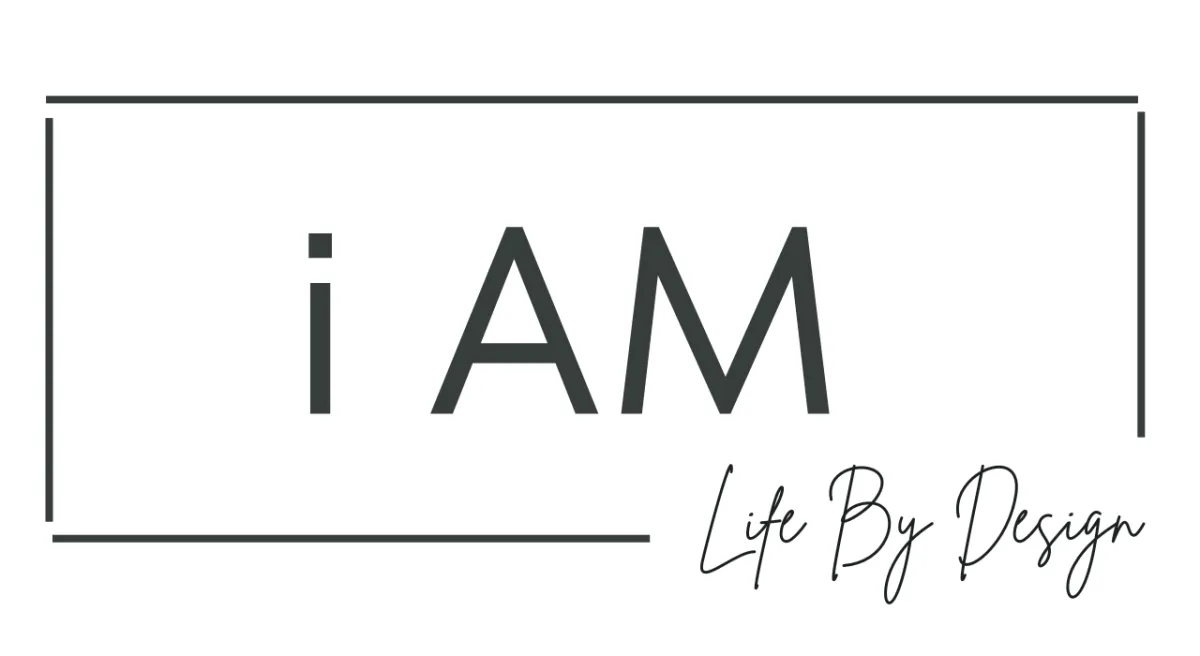

Mindfulness for Peak Performance: Unlock Success
In today's fast-paced, high-pressure world, many individuals and professionals aim for peak performance. Mindfulness, the act of being fully present and aware, has emerged as a key tool for success. It helps me enhance my focus, manage stress, and access a high-performance mindset, unlocking my full potential.
Mindfulness makes me more attentive and resilient in the face of challenges. It helps me manage my emotions, make better decisions, and stay calm and centered, even under pressure. By adding mindfulness to my daily routine, I can achieve peak performance and reach my desired success.
What is Mindfulness for Peak Performance?
Mindfulness for peak performance means integrating mindfulness into daily life and work. It's about being deeply aware of the present, focusing on the task, and ignoring distractions. By embracing mindfulness, we gain better focus, manage stress, and enhance emotional intelligence. This leads to unmatched success.
Understanding the Concept
Mindfulness is being fully present and engaged in the moment, without judgment. It lets us see our thoughts, feelings, and body signals clearly. This clarity helps us make better choices. In work, it sharpens focus, keeps us calm, and boosts creativity and problem-solving skills.
Benefits of a Mindful Approach
Using mindfulness for peak performance brings many advantages, including:
Enhanced Focus and Concentration: It clears mental clutter, letting us focus fully on tasks.
Improved Stress Management: It teaches us to watch our thoughts and feelings without judgment, helping us stay calm in tough situations.
Heightened Emotional Intelligence: It builds self-awareness, empathy, and emotional control, key for leadership and relationships.
Increased Creativity and Innovation: It opens us to new ideas, helping us break free from routine and find our creative potential.
By using mindfulness techniques, present moment awareness, and emotional intelligence, we can develop zen habits. This leads to peak performance in both personal and professional areas.
Mindfulness for Peak Performance
Achieving peak performance demands a comprehensive strategy, with mindfulness at its core. This practice enhances focus, stress management, and access to a high-performance mindset. It significantly boosts our success and productivity.
Mindfulness for peak performance is a holistic strategy that optimizes our mental and emotional states. It teaches us to stay present, reduce distractions, and increase clarity and focus. This enables us to face challenges with better concentration and composure, enhancing our decision-making and problem-solving skills.
One key advantage of mindfulness is its stress management capabilities. It makes us more aware of our thoughts, emotions, and physical sensations. This awareness helps us handle stress in a healthy way, crucial for maintaining cognitive function, energy, and overall well-being. These are all critical for peak performance.
Benefits of Mindfulness for Peak Performance
Enhanced focus and concentration
Improved stress management
Increased self-awareness and emotional intelligence
Greater adaptability and problem-solving skills
Heightened sense of clarity and purpose
Mindfulness unlocks our true potential, enabling us to reach our performance goals. It's invaluable whether we're aiming for career success, pursuing our passions, or seeking personal growth. Mindfulness transforms us, empowering us to achieve unprecedented success and fulfillment.
"Mindfulness is not about getting anywhere, but about being present. It's about paying attention, being fully alive and engaged in the present moment, without judgment or attachment." - Jon Kabat-Zinn
Cultivating Present Moment Awareness
To achieve peak performance, focus on developing a profound present moment awareness. Mindfulness meditation is key, training our minds to remain in the now. It helps us avoid the trap of dwelling on past events or worrying about the future.
Mindfulness Meditation Techniques
At the core of mindfulness meditation are techniques designed to enhance present moment awareness. Breath awareness meditation, for example, requires us to concentrate on our breathing. This practice helps us stay focused, pulling our attention back when it strays. Body scan meditation, another technique, involves systematically focusing on various body parts. We observe sensations with curiosity, without judgment.
Integrating Mindfulness into Daily Life
While formal meditation is crucial, the real strength of mindfulness lies in its everyday application. By incorporating mindful breaks into our day, such as brief breathing exercises or walking meditations, we maintain a state of present moment awareness. This approach boosts our focus, creativity, and overall well-being.
Mindfulness Meditation Technique
Description
Breath Awareness
Focusing attention on the natural rhythm of inhalations and exhalations
Body Scan
Systematically directing awareness to different parts of the physical body
Mantra Repetition
Silently repeating a word or phrase to anchor the mind in the present
Loving-Kindness (Metta)
Cultivating feelings of compassion and kindness towards oneself and others
By embracing these mindfulness meditation practices and integrating present moment awareness into our daily lives, we can tap into the power of zen habits. This unlocks our potential for peak performance.
"The present moment is filled with joy and happiness. If you are attentive, you will see it." - Thich Nhat Hanh
Harnessing the Power of Focus and Concentration
Mindfulness significantly boosts our focus and concentration for peak performance. It trains our minds to stay present and ignore distractions. This leads to a deep focus, often called the "flow state." In this state, we perform at our best, increase productivity, and achieve outstanding results.
Being in a flow state means our full attention is on the task. Time appears to slow down, and we engage effortlessly. This state is marked by a balance between the task's challenge and our skills, resulting in deep enjoyment and fulfillment.
To tap into focus and concentration, mindfulness should be part of our daily routine. Meditation helps us direct and maintain our attention, making it easier to enter the flow state. Mindful practices like breathing exercises or body scans also improve our focus and concentration.
"When you are completely absorbed in the present moment, you enter a state of peak mental performance, where your skills and the challenge of the task are perfectly balanced. This is the essence of the flow state."
Mastering focus and concentration unlocks our true potential and leads to a peak mental state. Using mindfulness for performance enhancement can transform our lives, helping us excel in both personal and professional spheres.
Key Benefits of Mindfulness for Focus and Concentration
Description
Increased Productivity
Sharp focus lets us do more in less time, boosting productivity and efficiency.
Enhanced Creativity
The flow state sparks creative insights and innovative thinking by keeping our minds fully engaged.
Improved Decision-Making
With better focus and concentration, we make more informed and strategic decisions, leading to better outcomes.
Reduced Stress and Anxiety
Present-moment awareness reduces stress and anxiety, which can otherwise distract us from concentrating.
Mastering Emotional Intelligence
Mindfulness for peak performance extends beyond mere mental focus. It encompasses the development of emotional intelligence, crucial for success in both personal and professional spheres. By honing self-awareness and self-regulation, we can manage our emotions and reactions more effectively. This leads to informed decision-making and problem-solving abilities.
Self-Awareness and Self-Regulation
Self-awareness, the capacity to recognize our thoughts, feelings, and actions, forms the base of emotional intelligence. It enables us to grasp how our emotions influence our behavior, allowing for more informed responses. Self-regulation, the ability to control our impulses and emotions, ensures we remain composed and make rational choices, even under pressure.
Empathy and Social Skills
Mindfulness boosts our empathy, the ability to empathize with others. This fosters deeper connections with those we interact with. Moreover, it sharpens our social skills, enhancing our communication, collaboration, and handling of complex social situations with greater proficiency.
Emotional Intelligence Skill
Description
Benefit for Peak Performance
Self-Awareness
The ability to recognize our own thoughts, feelings, and behaviors.
Allows for more effective decision-making and problem-solving.
Self-Regulation
The skill of managing our impulses and emotions.
Enables us to maintain composure and make thoughtful choices, even in stressful situations.
Empathy
The ability to understand and share the feelings of others.
Helps build stronger, more meaningful connections with those around us.
Social Skills
The ability to communicate effectively and navigate complex interpersonal dynamics.
Improves collaboration and teamwork, leading to greater success in both personal and professional settings.
Mastering these emotional intelligence facets unlocks our full potential for peak performance, enhancing our personal and professional achievements.
"Emotional intelligence is the ability to sense, understand, and effectively apply the power and acumen of emotions as a source of human energy, information, connection, and influence."
-Daniel Goleman, author of "Emotional Intelligence"
Achieving a Peak Mental State
The ultimate goal of mindfulness for peak performance is to achieve a peak mental state, often referred to as the "flow state." In this state, we experience a harmonious merging of action and awareness. We are fully immersed in the present moment and performing at our highest level. By cultivating mindfulness, we can access this flow state more consistently, unlocking our full potential for success and fulfillment.
The Flow State: Merging Action and Awareness
When we enter the flow state, the boundaries between our conscious self and the task at hand begin to dissolve. Time seems to slow down or even stand still, as we become entirely focused on the present moment. This state of present moment awareness allows us to perform with a heightened level of skill, precision, and effortlessness.
Accessing the flow state is not a passive experience; it requires a deliberate and disciplined approach to cultivating mindfulness. Through regular mindfulness meditation and the integration of mindful practices into our daily lives, we can train our minds to achieve this peak mental state more consistently.
"In the flow state, you're completely focused on the task at hand, with a sense of energized focus, full involvement, and enjoyment in the process. It's a state of peak performance and well-being."
By harnessing the power of the flow state, we can unlock our true potential and achieve remarkable results in our personal and professional lives. Whether we're tackling a challenging project, striving for a personal best in our athletic pursuits, or simply seeking to enhance our overall well-being, the flow state offers a gateway to a more fulfilling and successful life.
Conclusion
Mindfulness for peak performance is a transformative approach that can elevate our success in both our personal and professional lives. It helps us stay in the present moment, improve our focus, and develop emotional intelligence. This leads to a high-performance mindset and remarkable results.
Through consistent mindfulness practice, we can unlock our full potential and achieve a peak mental state. This holistic approach equips us to handle modern life's challenges with clarity, resilience, and effectiveness.
As we grow personally and professionally, let's embrace mindfulness's power. By staying present, focused, and emotionally intelligent, we can discover new success and fulfillment. This way, we become the best versions of ourselves.

